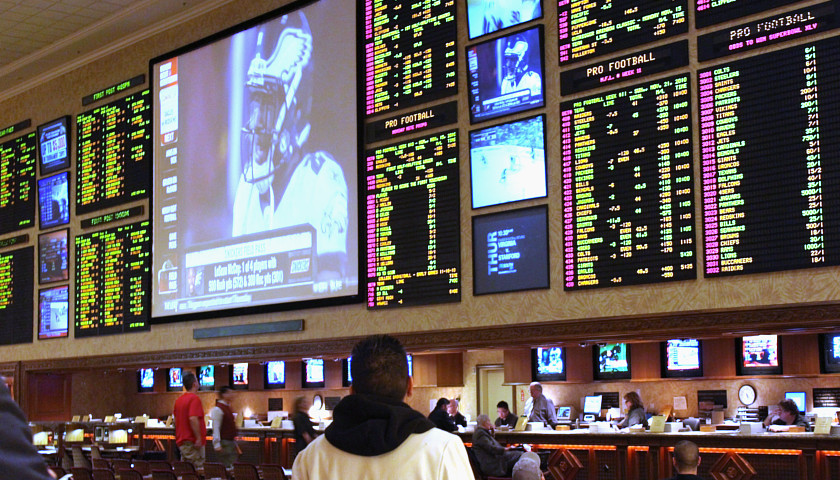Florida’s Republican governor has reached an agreement with the Seminole Tribe to bring sports betting to the Sunshine State, as well as expanding current gambling rules.
“Gov. Ron DeSantis and the Tribe signed a new compact Friday that will determine the longterm future of gaming in the state,” first confirmed by FloridaPolitics.com.

According to that report, a special session of the state legislature is slated for May 17, to vote on the deal.
DeSantis and the Native American tribe came to the agreement after a week of reporting on the ongoing discussions between each side.
“The broad parameters of the deal — as confirmed by multiple sources — are that the Seminole Tribe would control sports betting in the state and would offer it at their casinos, including the Hard Rock locations in Hollywood and Tampa,” POLITICO said on April 22. “But sports betting would also be allowed at existing tracks and other poker rooms around the state where the tribe and other gambling operators would split the revenue generated.”
The deal would also reportedly allow the Seminole Tribe to expand to gaming, including adding craps and roulette, and would allow them to “expand operations at some of the other locations and enlarge the footprint at their Hollywood site.”
Negotiations for such an arrangement have been in the works for decades, but they heated up over the past few weeks.
According to The Lakeland Ledger, sports betting and other new gambling arrangements would bring an estimated $2.5 billion in revenue to Florida over the next five years.
“The compact under consideration would allow pari-mutuels that contract with the Seminoles to keep 60 percent of sports-betting revenue, with 40 percent going to the tribe,” that report said. “The tribe would pay to the state 10 percent of pari-mutuel operators’ net winnings and 13.75 percent of the tribe’s own sports-betting net revenues.”
Meanwhile, there is a constitutional question that remains to be resolved. A 2018 constitutional amendment requires a statewide vote for the expansion of gambling.
The state, which does not have the ability to regulate Native American tribes, thinks it has found a loophole. It says it will host the sports betting data on servers located on tribal grounds, while bettors around the state use their mobile apps to place bets.
Ultimately, there could be a constitutional challenge if the deal get done.
– – –
Pete D’Abrosca is a contributor at The Florida Capital Star and The Star News Network. Follow Pete on Twitter. Email tips to [email protected].








